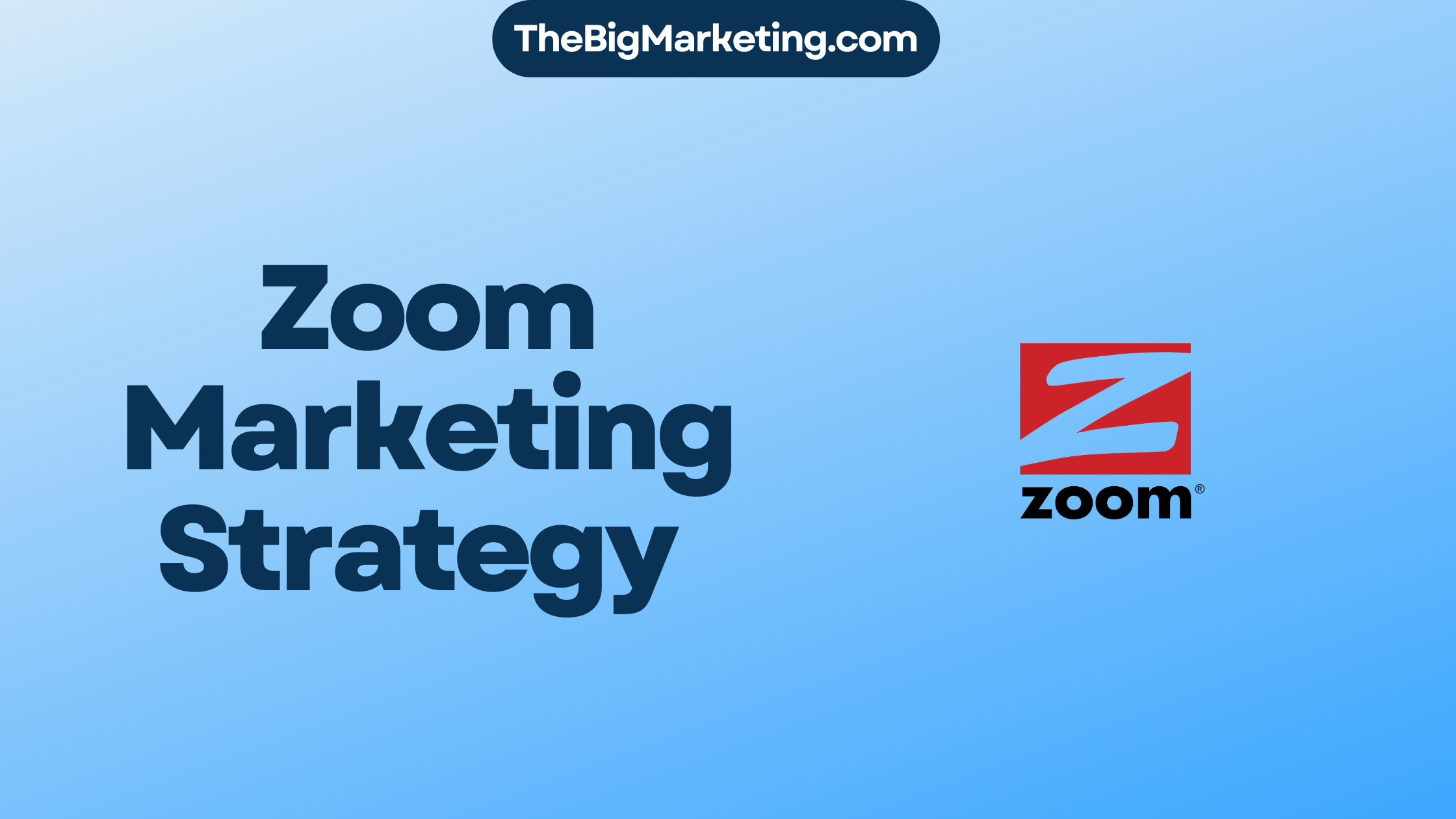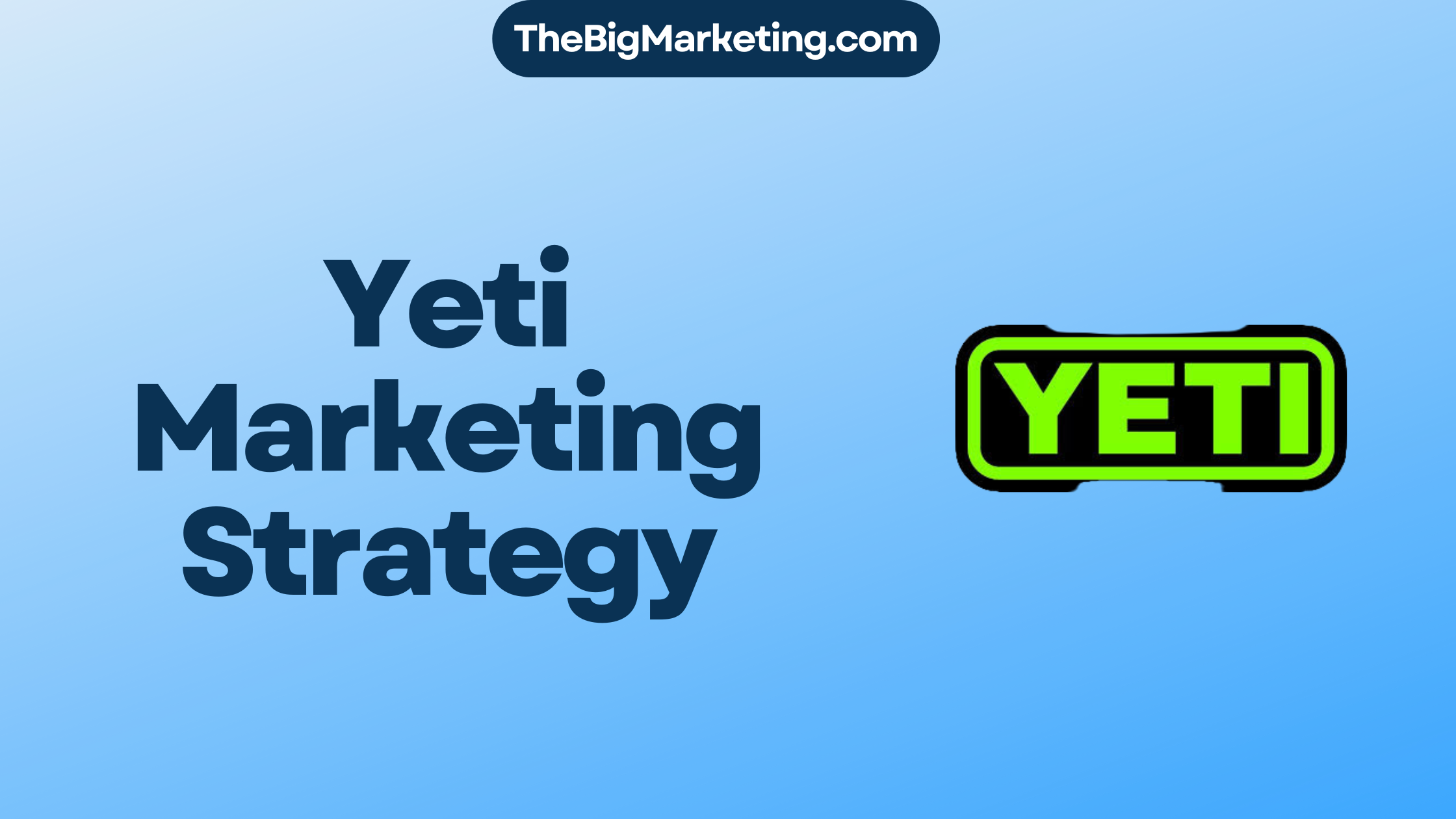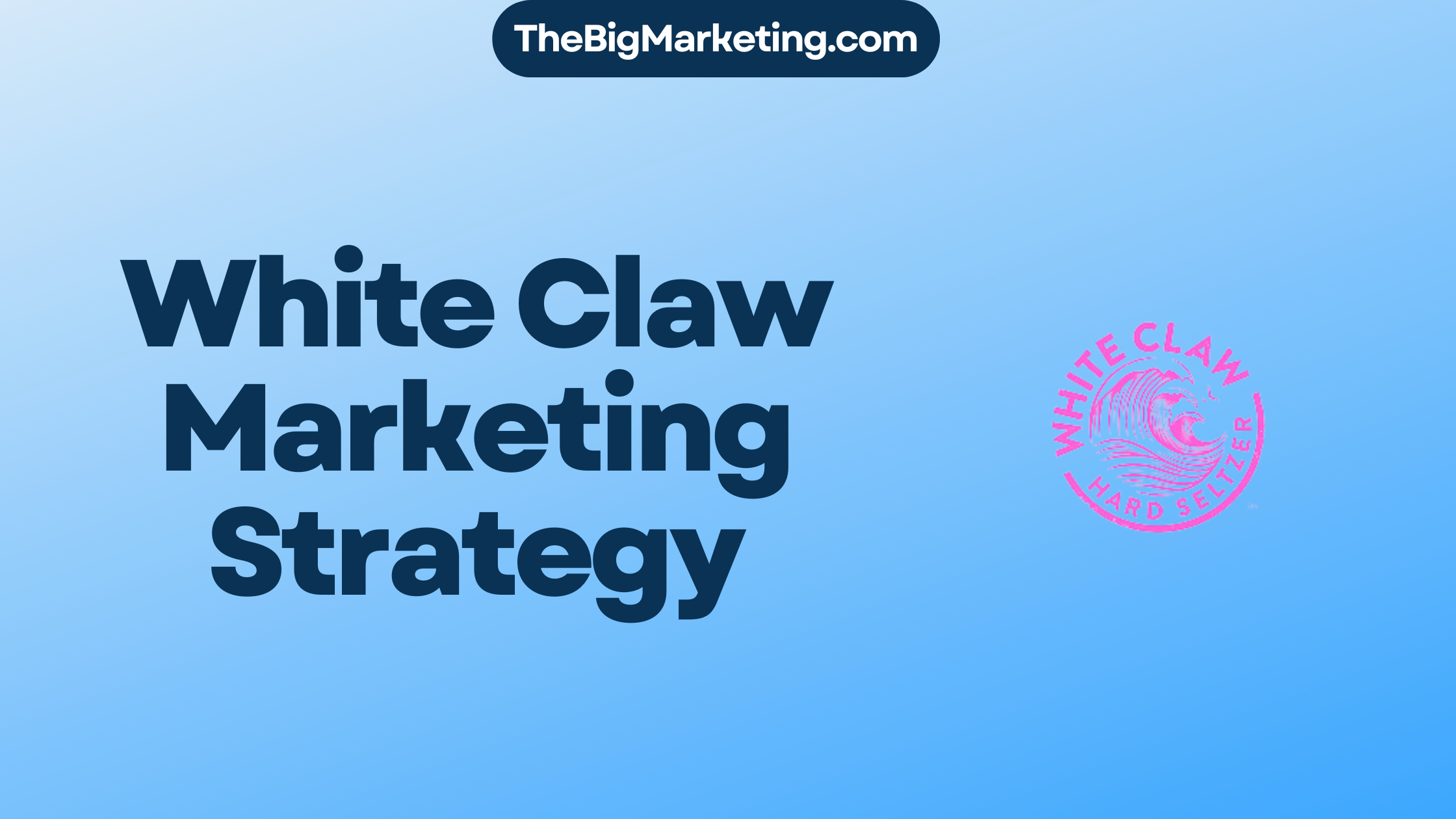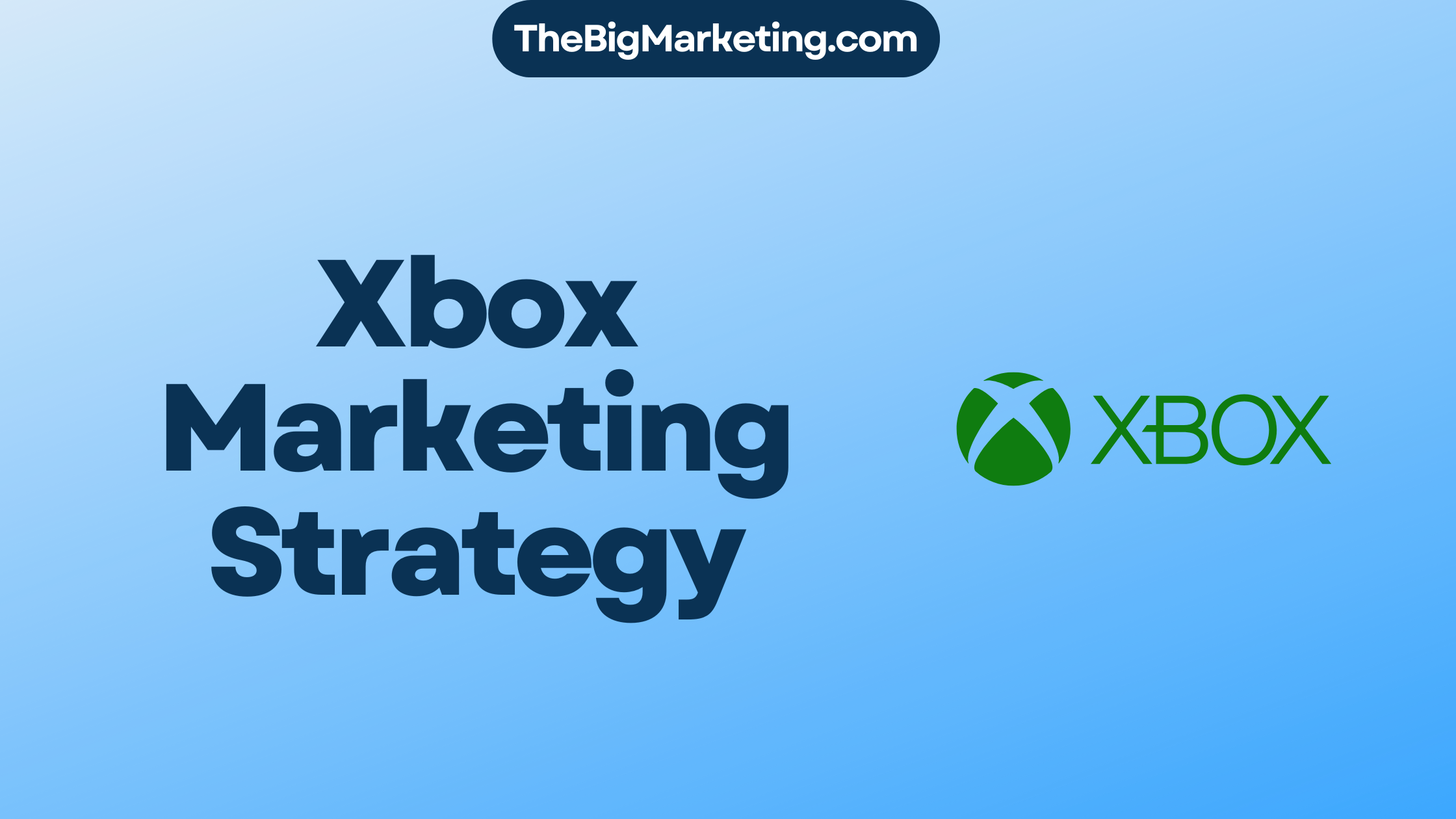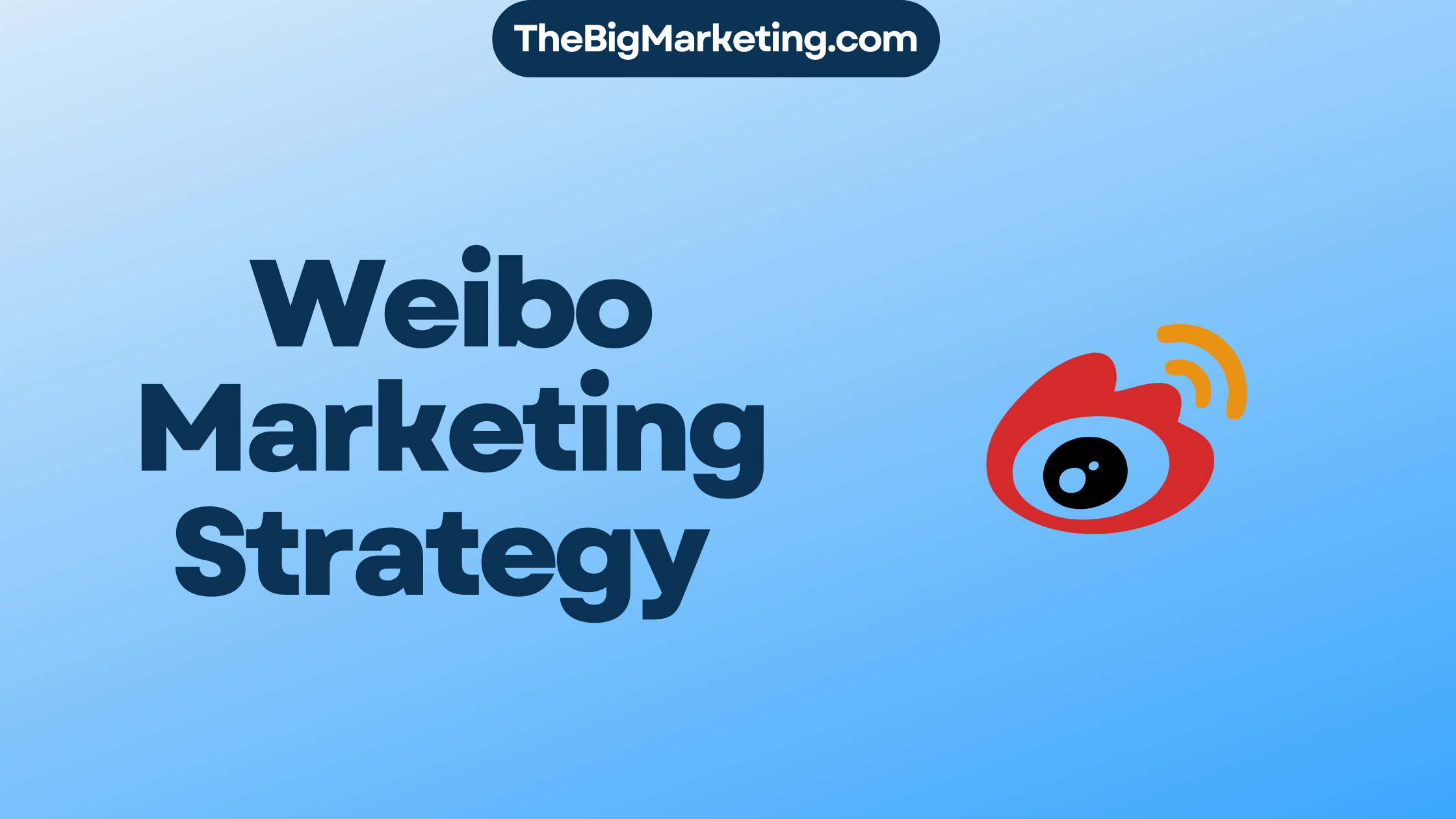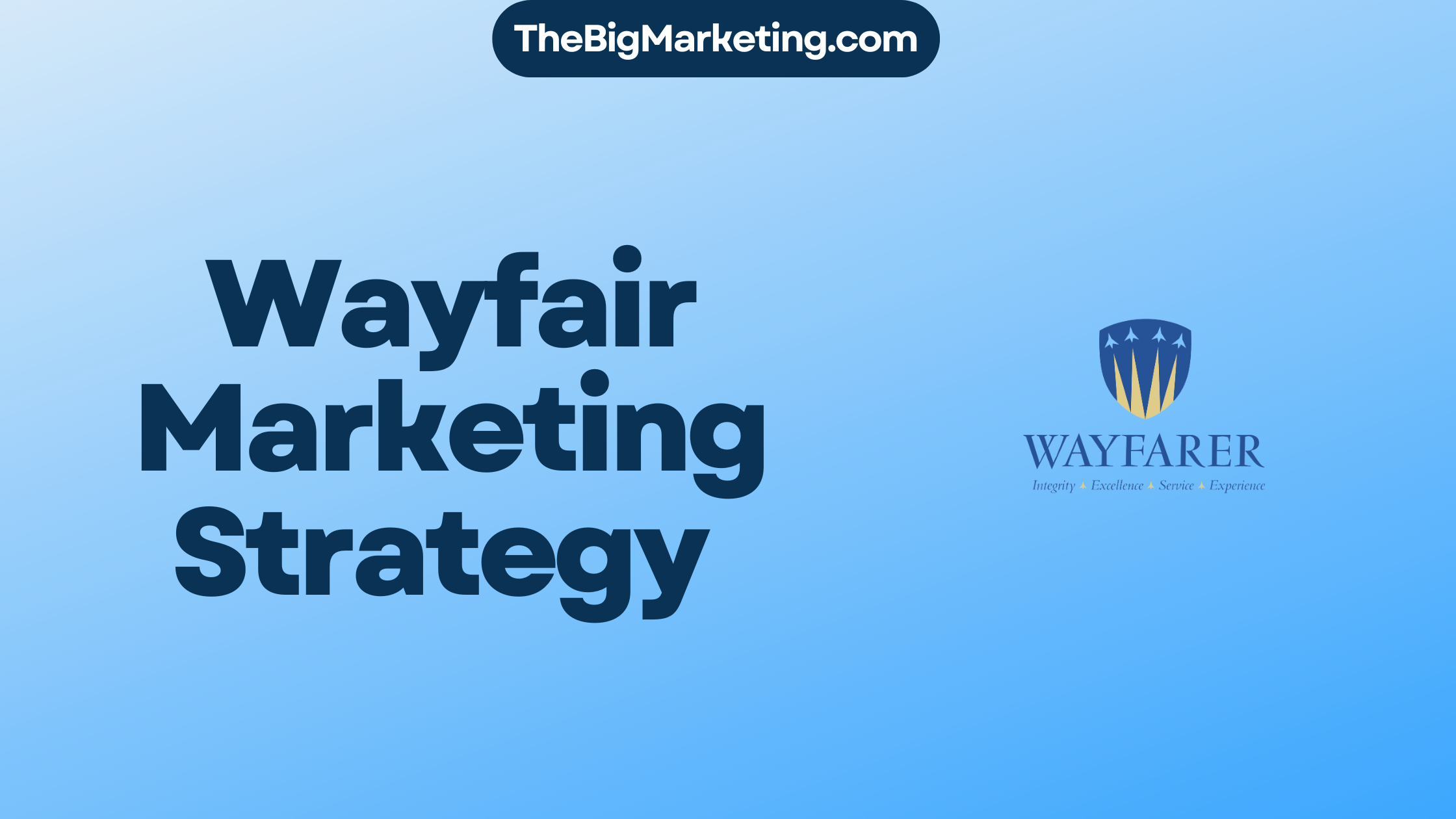Marketing enablement is a strategic approach that equips marketing teams with the necessary tools, resources, and information to create compelling content that drives business growth. It is a key component of successful marketing strategies, enabling marketers to align their efforts with sales teams and make data-driven decisions.
Through marketing enablement, organizations can optimize their marketing performance by enhancing collaboration and alignment between marketing and sales functions. By providing marketers with the right enablement tools and technology, they can effectively engage buyers at every stage of their journey.
Marketing enablement programs often involve the implementation of a comprehensive framework and the use of a marketing enablement platform that centralizes key resources and streamlines processes. With enablement services and best practices, marketing teams can achieve greater efficiency and effectiveness in their campaigns.
With the rapid advancement of marketing enablement technology, marketers are empowered to deliver personalized experiences and meet the evolving needs of their target audience. By leveraging enablement tools, they can better understand their buyers and develop tailored marketing strategies that drive meaningful results.
Key Takeaways:
- Marketing enablement empowers marketing teams to create compelling content and align their efforts with sales teams.
- A marketing enablement strategy involves using a framework, a marketing enablement platform, and a range of enablement tools.
- Marketing enablement programs help improve collaboration and streamline processes, leading to better marketing performance.
- With marketing enablement technology, marketers can personalize experiences and drive meaningful results.
- Implementing marketing enablement best practices and services can enhance overall marketing effectiveness and efficiency.
What is Marketing Enablement?
Marketing enablement plays a crucial role in empowering marketing teams to create valuable content, align with sales, and optimize the buyer journey. It involves providing marketers with the necessary tools, resources, and information to effectively engage prospects and drive revenue. By improving collaboration between marketing and sales, marketing enablement ensures that the right marketing content is available to support the selling process.
Marketing enablement focuses on enhancing marketing and sales alignment to better understand buyers and deliver personalized experiences throughout the buyer journey. It enables marketers to gather insights, utilize data-driven strategies, and leverage technology to meet the unique needs and preferences of their target audience.
Ultimately, marketing enablement enables marketing teams to create compelling content tailored to the buyer’s needs and deliver it at the most opportune moments. By providing marketers with the tools and support they need, organizations can drive business growth, improve customer satisfaction, and achieve marketing and sales alignment.
Benefits of Marketing Enablement
Implementing marketing enablement strategies offers several key benefits for organizations:
- Enhanced Marketing Performance: Marketing enablement enables marketing teams to optimize their efforts, leading to improved marketing performance and better ROI.
- Increased Customer Engagement: By better understanding their buyers and creating personalized experiences, marketing enablement helps organizations engage customers more effectively.
- Aligned Marketing Strategy: Marketing enablement ensures that marketing efforts align with overall business goals and strategies, enhancing the overall effectiveness of marketing campaigns.
- Revenue Growth: By enabling marketing and sales teams to work together seamlessly, marketing enablement drives revenue growth and helps organizations achieve their revenue targets.
By implementing effective marketing enablement practices, organizations can unlock the full potential of their marketing teams and drive success in a highly competitive business landscape.
Differences Between Sales Enablement and Marketing Enablement
Sales enablement and marketing enablement are two distinct strategies that play essential roles in improving the buyer experience and driving revenue. While both enablement approaches focus on empowering teams within an organization, they have different target audiences and objectives.
Sales enablement primarily focuses on equipping sales teams with the tools, resources, and information they need to sell more effectively. It aims to streamline the selling process by providing sales reps with the necessary training, content, and technology to engage buyers, overcome objections, and close deals successfully.
On the other hand, marketing enablement is centered around empowering marketing teams to create and deliver content that supports the selling process. It focuses on streamlining marketing processes and ensuring that marketers have the resources they need to produce valuable content that aligns with the buyer’s journey. This includes providing them with data-driven insights, buyer personas, and collaboration tools to facilitate effective marketing campaigns.
While sales enablement focuses on enabling sales teams to close deals, marketing enablement is concerned with enabling marketing teams to drive the overall marketing process. Both strategies are vital for effective revenue generation, as sales and marketing must work together closely to create a seamless buyer experience from start to finish.
Benefits of Marketing Enablement
Marketing enablement offers numerous benefits for organizations. With the right enablement strategy in place, marketing teams can enhance their performance, drive customer engagement, and achieve revenue goals more effectively.
1. Agility and Responsiveness
Through marketing enablement, teams gain the ability to adapt quickly to market changes. By equipping marketers with the necessary tools, resources, and information, organizations can foster agility and responsiveness in their marketing efforts. This agility allows for timely adjustments in marketing strategies to capitalize on emerging opportunities and stay ahead of competitors.
2. Alignment with Business Strategy
Effective marketing enablement ensures that marketing teams align their efforts with the overall business strategy. By providing marketers with the right knowledge and insights, organizations can ensure that marketing activities are closely tied to the company’s objectives and goals. This alignment enhances the strategic focus of marketing initiatives and maximizes their impact on revenue generation.
3. Focus on Revenue-Driving Tasks
Marketing enablement enables teams to prioritize high-level tasks that directly contribute to revenue growth. By streamlining processes and providing the necessary resources, organizations can free up marketers’ time from mundane and administrative work. This allows them to concentrate on activities such as campaign planning, customer segmentation, and personalized marketing efforts that have a direct impact on driving revenue.
4. Enhanced Customer Engagement
Marketing enablement empowers teams to deliver more engaging and personalized experiences to customers. By leveraging data, insights, and enablement tools, marketers can better understand customer preferences, behaviors, and pain points. This understanding enables the creation of targeted and relevant marketing content that resonates with customers, leading to increased engagement and customer loyalty.
5. Exceeding Revenue Goals
Companies that implement strong marketing enablement programs are more likely to exceed their revenue goals and achieve higher profits. When marketing teams are equipped with the right enablement resources and focus on revenue-driving tasks, they can make a more significant impact on the bottom line. By leveraging enablement strategies effectively, organizations can optimize marketing performance and generate substantial returns on investment.
| Benefits of Marketing Enablement |
|---|
| Agility and Responsiveness |
| Alignment with Business Strategy |
| Focus on Revenue-Driving Tasks |
| Enhanced Customer Engagement |
| Exceeding Revenue Goals |
Key Tools and Technologies for Marketing Enablement
Marketing enablement relies on various tools and technologies to support marketing activities. These tools play a critical role in streamlining processes, improving efficiency, and enhancing the overall effectiveness of marketing strategies. Let’s explore some key tools and technologies that empower marketing teams to drive success in marketing enablement:
1. Marketing Automation Software
Marketing automation software is a powerful tool that automates repetitive marketing tasks, allowing marketers to focus on more strategic activities. It enables marketers to create personalized and targeted campaigns, track customer interactions, and analyze campaign performance. By automating workflows and processes, marketing automation software improves efficiency and helps marketers deliver the right message to the right audience at the right time.
2. CRM Systems
CRM systems, or Customer Relationship Management systems, are essential for managing customer data and preferences. These systems provide a centralized platform to store, organize, and analyze customer information, enabling marketers to gain valuable insights into customer behavior, preferences, and buying patterns. CRM systems also facilitate seamless collaboration between marketing and sales teams, allowing for better alignment in reaching business goals.
3. Content Management Systems
Content management systems (CMS) are crucial for organizing and creating marketing collateral. They provide a centralized repository for managing and publishing content across various channels. CMS platforms enable marketers to collaborate on content creation, streamline workflows, and ensure brand consistency. With a content management system, marketers can easily update, distribute, and track the performance of their marketing content.
4. Marketing Enablement Platforms
Marketing enablement platforms offer an integrated solution that combines various tools and resources for marketing teams. These platforms provide a centralized location for marketing assets, training materials, sales enablement resources, and analytics. Marketing enablement platforms enable marketing teams to access and share assets, collaborate with other teams, measure the effectiveness of marketing campaigns, and gain actionable insights for continuous improvement.
By leveraging these key tools and technologies, marketing enablement empowers marketing teams to optimize their efforts, deliver personalized experiences, and drive revenue growth. The effective use of marketing automation software, CRM systems, content management systems, and marketing enablement platforms contributes to improved marketing performance and better customer engagement.
| Tool/Technology | Key Features |
|---|---|
| Marketing Automation Software |
|
| CRM Systems |
|
| Content Management Systems |
|
| Marketing Enablement Platforms |
|

Marketing Enablement Examples and Best Practices
Marketing enablement encompasses various examples and best practices that can drive the effectiveness of marketing strategies. By leveraging automation, organizations can streamline processes and free up valuable time for marketing teams. Additionally, customer segmentation enables targeted marketing efforts by identifying the right customer groups and tailoring content to their preferences and behaviors. Making data-driven decisions and utilizing analytics play a crucial role in optimizing marketing efforts and achieving better results.
One example of marketing enablement through automation is the implementation of an automated email marketing campaign. By utilizing marketing automation software, organizations can send personalized and targeted emails to segmented customer groups based on their interests and past interactions. Automation not only saves time but also ensures that the right message reaches the right audience, increasing the chances of customer engagement and conversion.
Customer segmentation, another marketing enablement best practice, involves dividing the customer base into distinct groups based on demographics, behaviors, or preferences. This approach allows marketers to deliver personalized marketing content that resonates with each customer segment. For example, a fashion retailer can segment customers based on their browsing or purchase history and send personalized product recommendations or exclusive discounts tailored to each customer’s style and preferences.
Benefits of Marketing Enablement Examples and Best Practices
Implementing marketing enablement examples and best practices can yield several benefits for organizations:
- Improved Efficiency: Automation streamlines marketing processes, allowing teams to focus on high-value tasks and achieve better efficiency.
- Enhanced Targeting: Customer segmentation ensures that marketing efforts are directed towards the most relevant audience, increasing the effectiveness of marketing campaigns.
- Personalized Experiences: Content personalization based on customer segmentation leads to more engaging and tailored experiences for customers.
- Data-Driven Decisions: Utilizing data and analytics enables marketers to make informed decisions and continuously optimize their strategies.
- Increase in Conversion Rates: By targeting the right audience with personalized content, organizations can improve conversion rates and drive revenue growth.
By incorporating marketing enablement examples and best practices into their strategies, organizations can achieve greater success in their marketing efforts and stay ahead in today’s competitive landscape.
| Marketing Enablement Tools and Technologies | Description |
|---|---|
| Marketing Automation Software | Automates repetitive marketing tasks, such as email campaigns and lead nurturing, to streamline processes and improve efficiency. |
| Customer Relationship Management (CRM) Systems | Manages customer data and interactions to enhance customer segmentation and deliver personalized marketing experiences. |
| Content Management Systems (CMS) | Organizes marketing collateral and enables efficient content creation, distribution, and management. |
| Marketing Enablement Platforms | Provides a centralized location for marketing resources, tools, and collaboration, enhancing marketing enablement capabilities. |
The Role of Training and Knowledge Acquisition in Marketing Enablement
Training and knowledge acquisition are crucial elements in the success of marketing enablement. Marketing teams require consistent and standardized training to develop the necessary skills to excel in their roles. A well-rounded approach to training and knowledge acquisition empowers marketers to stay up-to-date with the latest marketing trends, technologies, and strategies, enabling them to make informed decisions and drive impactful marketing campaigns.
The Importance of Training
Training plays a vital role in equipping marketing teams with the expertise and capabilities needed for effective marketing enablement. It provides a structured learning environment where marketers can acquire new skills and enhance their existing ones. Through training, marketers can gain a deep understanding of marketing principles, customer behavior, data analysis, and other critical aspects that contribute to successful marketing campaigns.
By investing in training programs, companies demonstrate their commitment to employee development and growth. They foster a culture of continuous learning and improvement, which enhances employee satisfaction and productivity. Well-trained marketing teams are better equipped to handle challenges, adapt to changes in the industry, and deliver outstanding results.
The Impact of Knowledge Acquisition
Knowledge acquisition goes hand in hand with training in marketing enablement. It involves staying updated with industry trends, exploring innovative marketing strategies, and acquiring knowledge of emerging technologies. Marketers must actively seek out resources, attend conferences, read industry publications, and engage in networking to gain new insights and expand their knowledge base.
With the rapid advancements in marketing technologies, staying knowledgeable and leveraging the latest tools is essential for marketers to maximize their effectiveness. A well-informed marketing team can make data-driven decisions, identify new opportunities, and implement innovative marketing techniques that result in better campaign performance and increased customer engagement.
The Role of Talent Management
Talent management plays a crucial role in marketing enablement by identifying skill gaps within the team and providing targeted training programs. By conducting regular assessments, performance evaluations, and skills gap analyses, talent management teams can identify areas where additional training is needed and develop customized training plans that address those needs.
Talent management also ensures that training programs align with the overall marketing strategy and goals of the organization. It helps in identifying high-potential individuals who can further enhance their skills and take on leadership roles within the marketing team. By nurturing talent and facilitating continuous learning opportunities, talent management supports the long-term success of marketing enablement initiatives.
The Benefits of Training and Knowledge Acquisition in Marketing Enablement
The combination of training and knowledge acquisition is instrumental in empowering marketing teams to excel in their roles and drive successful marketing enablement initiatives. The benefits include:
- Enhanced marketing skills and competencies
- Improved alignment with marketing strategies and goals
- Better utilization of marketing tools and technologies
- Increased adaptability to evolving market trends
- Efficient and effective decision-making based on data insights
By investing in training and knowledge acquisition, organizations can foster a culture of continuous improvement and equip their marketing teams with the skills and knowledge needed to thrive in the dynamic and competitive marketing landscape.

| Benefits of Training and Knowledge Acquisition | Impact on Marketing Enablement |
|---|---|
| Enhanced marketing skills and competencies | Marketing teams are equipped with the necessary skills to create effective marketing content and strategies. |
| Improved alignment with marketing strategies and goals | Training ensures that marketing teams are aligned with the organization’s overall marketing objectives, resulting in cohesive and impactful campaigns. |
| Better utilization of marketing tools and technologies | Knowledge acquisition enables marketers to leverage the latest marketing tools and technologies, enhancing their productivity and effectiveness. |
| Increased adaptability to evolving market trends | Continuous learning keeps marketing teams updated with the latest market trends, allowing them to adapt and respond to changes effectively. |
| Efficient and effective decision-making based on data insights | Training equips marketers with data analysis skills, enabling them to make informed decisions and drive data-driven marketing campaigns. |
Cross-Functional Processes and Technology in Marketing Enablement
Marketing enablement is a collaborative effort that involves cross-functional processes and the integration of technology to achieve effective marketing outcomes. By aligning marketing, sales, and other departments, organizations can optimize their marketing operations and leverage technology to drive business growth.
Collaboration and Alignment
In order to successfully implement marketing enablement strategies, collaboration and alignment between marketing, sales, and other departments are crucial. Cross-functional processes allow for better communication, coordination, and the sharing of insights and resources across teams. This collaboration ensures that marketing efforts are aligned with sales objectives and that all departments work together towards common goals.
Marketing Operations
Marketing operations teams play a vital role in marketing enablement by optimizing processes and integrating technology. They are responsible for implementing marketing strategies, managing campaigns, and utilizing technology tools to streamline operations and enhance marketing effectiveness. By leveraging marketing automation platforms, customer relationship management (CRM) systems, and content management systems (CMS), marketing operations teams enable marketers to work efficiently and deliver impactful marketing initiatives.
Technology Integration
Technology integration is a key component of marketing enablement. It involves the seamless integration and alignment of various marketing technologies, such as marketing automation platforms, CRM systems, and analytics tools. This integration provides marketers with a holistic view of customer data, enhances campaign management, and enables data-driven decision-making. By leveraging integrated technologies, organizations can improve their marketing processes, capture valuable insights, and deliver personalized experiences to their target audience.
Benefits of Cross-Functional Processes and Technology Integration
The integration of cross-functional processes and technology in marketing enablement offers several benefits to organizations:
- Improved collaboration and alignment between marketing and sales teams
- Enhanced efficiency and effectiveness of marketing operations
- Streamlined marketing processes and improved decision-making
- Consistent and personalized customer experiences
- Increased ROI on marketing initiatives
| Benefits | Description |
|---|---|
| Improved Collaboration | Marketing and sales teams can work together seamlessly, aligning their efforts towards common goals. |
| Enhanced Efficiency | Optimized marketing operations streamline processes, reduce inefficiencies, and enable teams to focus on high-value activities. |
| Streamlined Processes | Integration of technology tools promotes automation, data consolidation, and streamlined marketing workflows. |
| Personalized Experiences | Data-driven insights support the creation of personalized marketing campaigns that resonate with the target audience. |
| Increased ROI | Efficient cross-functional processes and technology integration lead to improved returns on marketing investments. |
By implementing cross-functional processes and integrating technology, organizations can harness the full potential of marketing enablement. This enables them to achieve greater collaboration, efficiency, and overall marketing success.
Conclusion
Marketing enablement is a critical function for organizations looking to drive revenue growth and become customer-centric. By empowering marketing teams with the tools, resources, and information they need, marketing enablement enables them to create valuable content that resonates with customers and drives results. Through effective alignment and collaboration with sales teams, organizations can ensure a seamless and cohesive approach to engaging and converting prospects.
Investing in marketing enablement strategies can lead to improved marketing performance and higher profits. By leveraging technology and best practices, marketing teams can optimize their efforts, gain insights from data-driven decisions, and deliver personalized experiences throughout the buyer journey. This customer-centric approach not only enhances customer satisfaction but also drives revenue growth, as organizations are able to better understand and meet their customers’ needs.
Implementing a dedicated marketing enablement function is crucial in today’s rapidly evolving business landscape. It allows organizations to centralize marketing resources, develop and refine marketing skills, and stay ahead of the competition. By fostering a culture of continuous learning and innovation, marketing enablement sets the stage for long-term success and helps organizations adapt to changing market dynamics.
FAQ
What is marketing enablement?
Marketing enablement is the process of providing marketing teams with the tools, resources, and information they need to create valuable content that can be used by sales teams to engage with prospects and drive revenue.
How does marketing enablement differ from sales enablement?
Sales enablement is focused on equipping sales teams with the tools and information they need to sell more effectively, while marketing enablement is focused on empowering marketing teams to create and deliver content that supports the selling process.
What are the benefits of marketing enablement?
Marketing enablement helps marketing teams become more agile, responsive, and efficient, allowing them to adapt to market changes quickly. It also helps marketing teams align their efforts with the overall business strategy and focus on high-level tasks that drive revenue and customer engagement.
What are the key tools and technologies for marketing enablement?
The key tools and technologies for marketing enablement include marketing automation software, CRM systems, content management systems, and marketing enablement platforms.
What are some examples and best practices of marketing enablement?
Examples and best practices of marketing enablement include leveraging automation, customer segmentation, targeted marketing, content personalization, and data-driven decisions.
How is training and knowledge acquisition important in marketing enablement?
Training and knowledge acquisition are essential components of marketing enablement. They help marketers develop the necessary skills and stay updated on the latest marketing trends, technologies, and strategies.
What is the role of cross-functional processes and technology in marketing enablement?
Cross-functional processes and technology integration play a crucial role in marketing enablement. They involve collaboration between marketing, sales, and other departments to ensure the effective use of marketing technology and alignment of processes across the organization.
What is the importance of marketing enablement for organizations?
Marketing enablement is a critical function for organizations looking to drive revenue growth and become customer-centric. It empowers marketing teams to create valuable content, align marketing and sales efforts, and leverage technology for better results.
